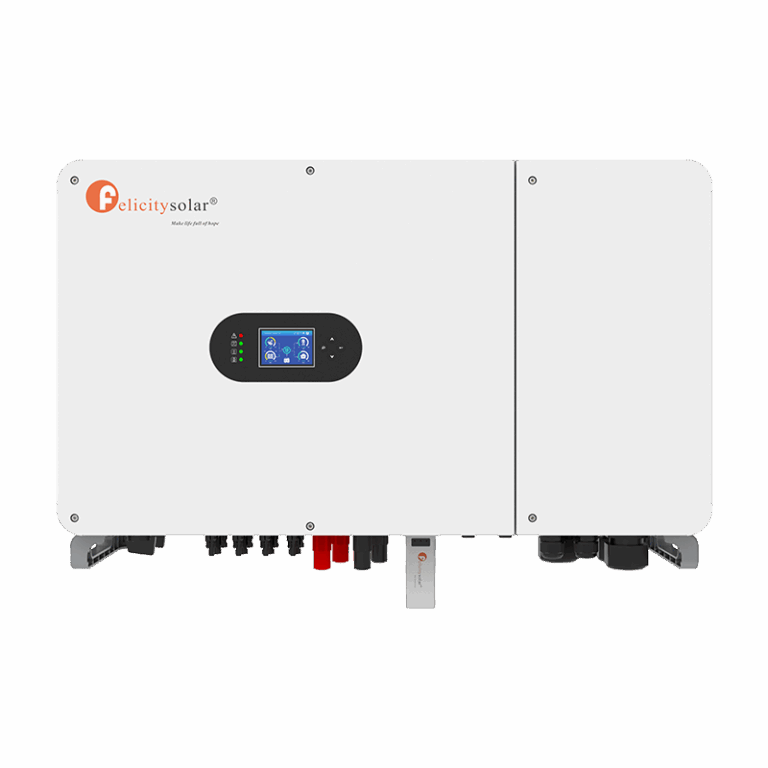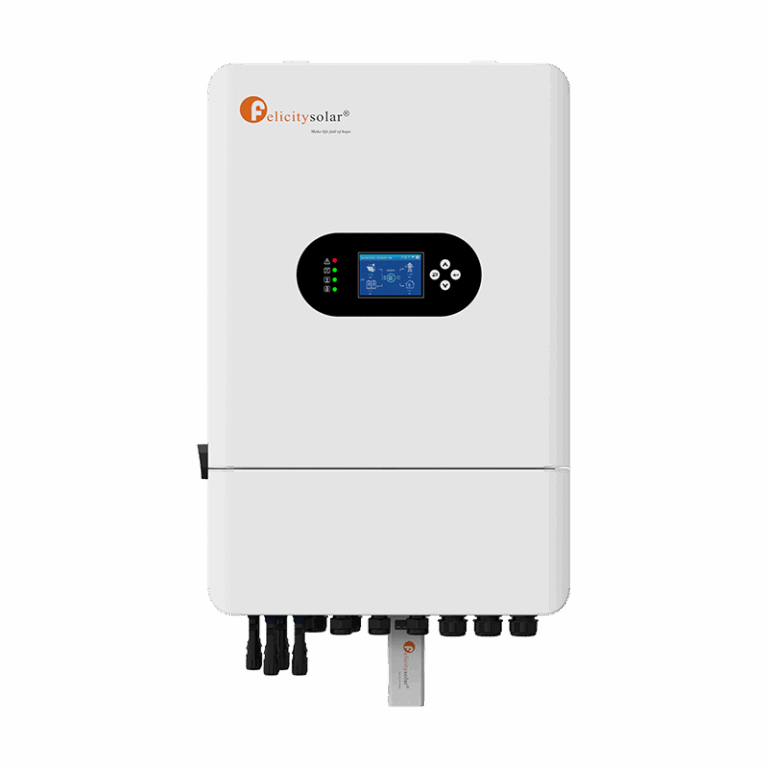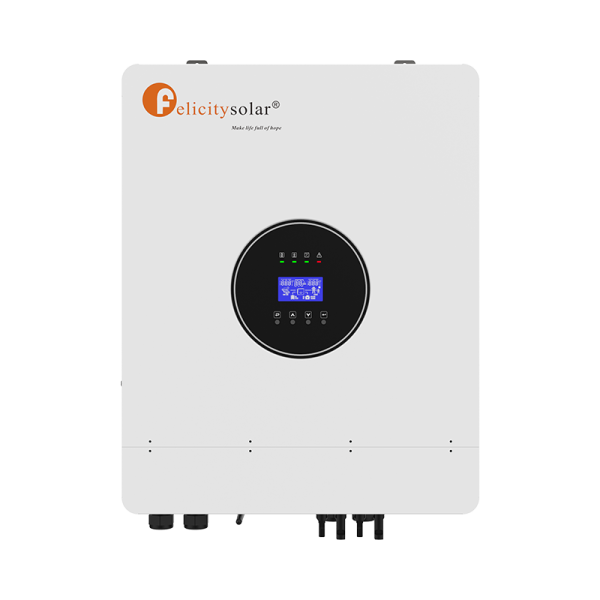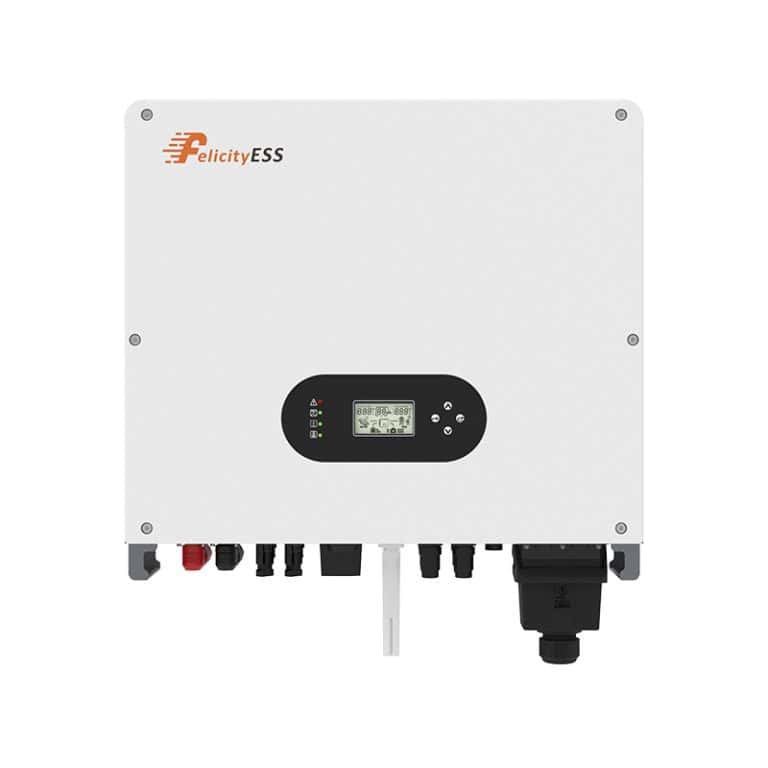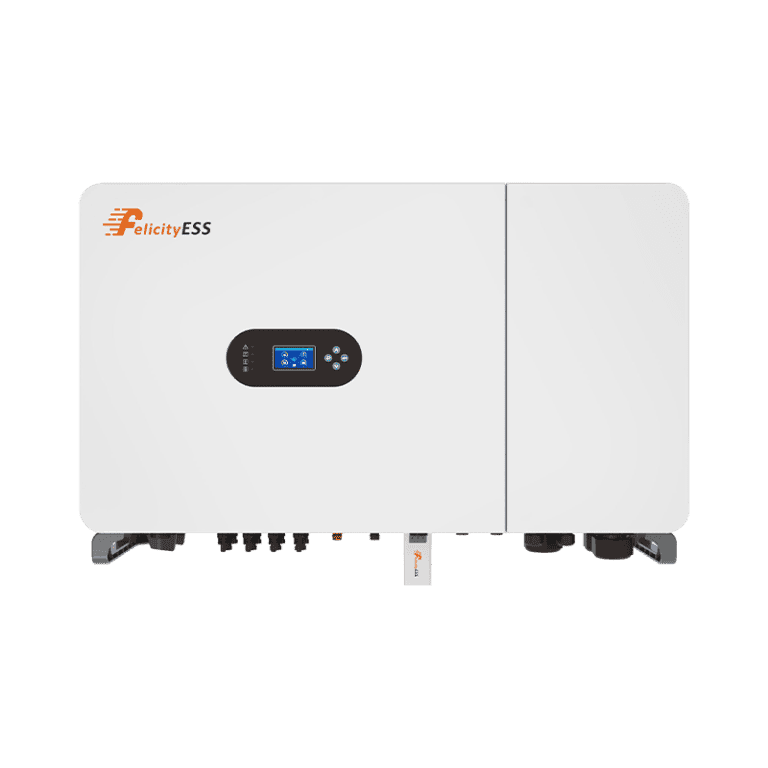A key component in a solar power system is a solar charge controller. It ensures that the batteries are charged properly. Moreover, it also regulates the flow of energy from solar panels to batteries.
There are 2 main types of solar charge controllers: PWM and MPPT.
Each type has its own advantages depending on the size and need of the solar power system. By understanding the types of controllers, you can choose the right one for residential or commercial systems.
What is a Solar Charge Controller?
Solar charge controllers are devices that regulate the voltage and current coming from your solar panels to the batteries in your energy storage system.
Moreover, the controller makes sure that your system works efficiently and does not damage the battery. These controllers also help your energy system to run safely and smoothly.
Types of Solar Charge Controller:
There are 2 main types of solar charge controllers commonly used in solar power systems:
1. Pulse Width Modulation (PWM):
PWM charge controllers are the most basic and affordable type of charge controller. They operate by continuously adjusting the connection between the solar panel and the battery as it reaches full charge. However, they are simple to install and maintain, suitable for small, and available at lower cost.
2. Maximum Power Point Tracking (MPPT):
MPPT charge controllers are more advanced and efficient than PWM controllers. MPPT controllers are more effective in varying environmental conditions, such as cloudy or overcast weather. Moreover, they are suitable for larger and more complex solar installations. The cost of this controller is higher than PWM.
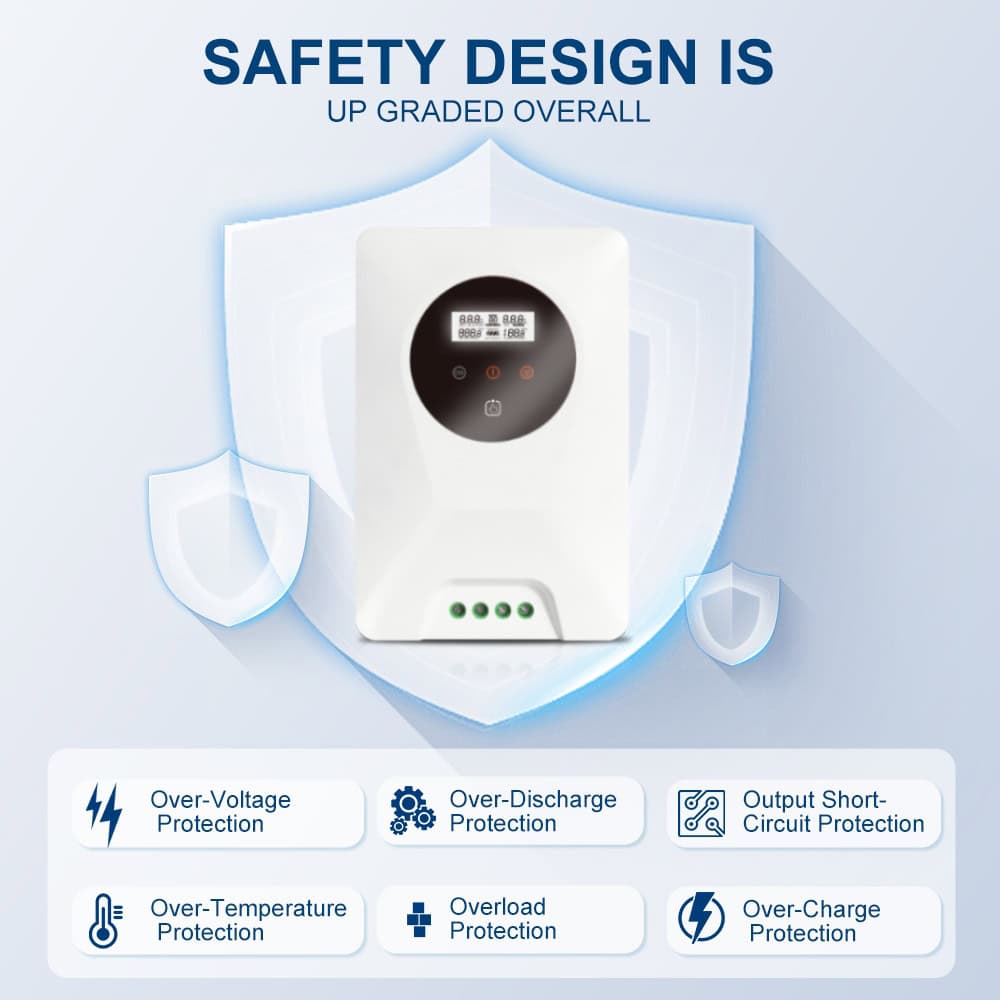
Application of Solar Charge Controllers:
Let’s have a look at the some of key applications of these controllers;
1. Residential Solar Power Systems:
Residential solar power systems are essential for homeowners in rural and countryside areas to manage battery energy storage. You can use the LUX-Y Series Battery System, which is perfect for large homes or villas. It features a high-capacity LiFePO4 battery with a long lifespan, BMS, breakers, and fuses for protection.
Advantages:
●Scalable to grow with energy needs
●Long-lasting LiFePO4 battery
●Efficient and Reliable
●Fire suppression system
2. Commercial Solar Power Systems:
Solar Charge Controllers play an important role in optimizing energy consumption, especially for businesses with high electricity demands. In commercial settings, the energy needs are often larger and making it even more important to have a controller that ensures maximum efficiency of external conditions. In that case, the Apollo Series All-in-One ESS offers an integrated solution and high performance for commercial solar power applications.
Advantage:
● 6000 V surge protection for safety
● 99% peak efficiency for optimal energy use
● Inverter and battery in one unit
● Remote monitoring for system optimization
How Can You Select the Right Solar Charge Controller?
When choosing a controller, it is essential to consider these factors:
● Size of System: MPPT controllers work better with larger systems like those for homes or small businesses because of their higher efficiency.
● Energy Requirements: Check the amount of energy you need to store and manage, and the size of your solar system.
● Budget Limits: The PWM controller needs to be used for small off-grid systems. These are cheaper and also work well for basic setup.



